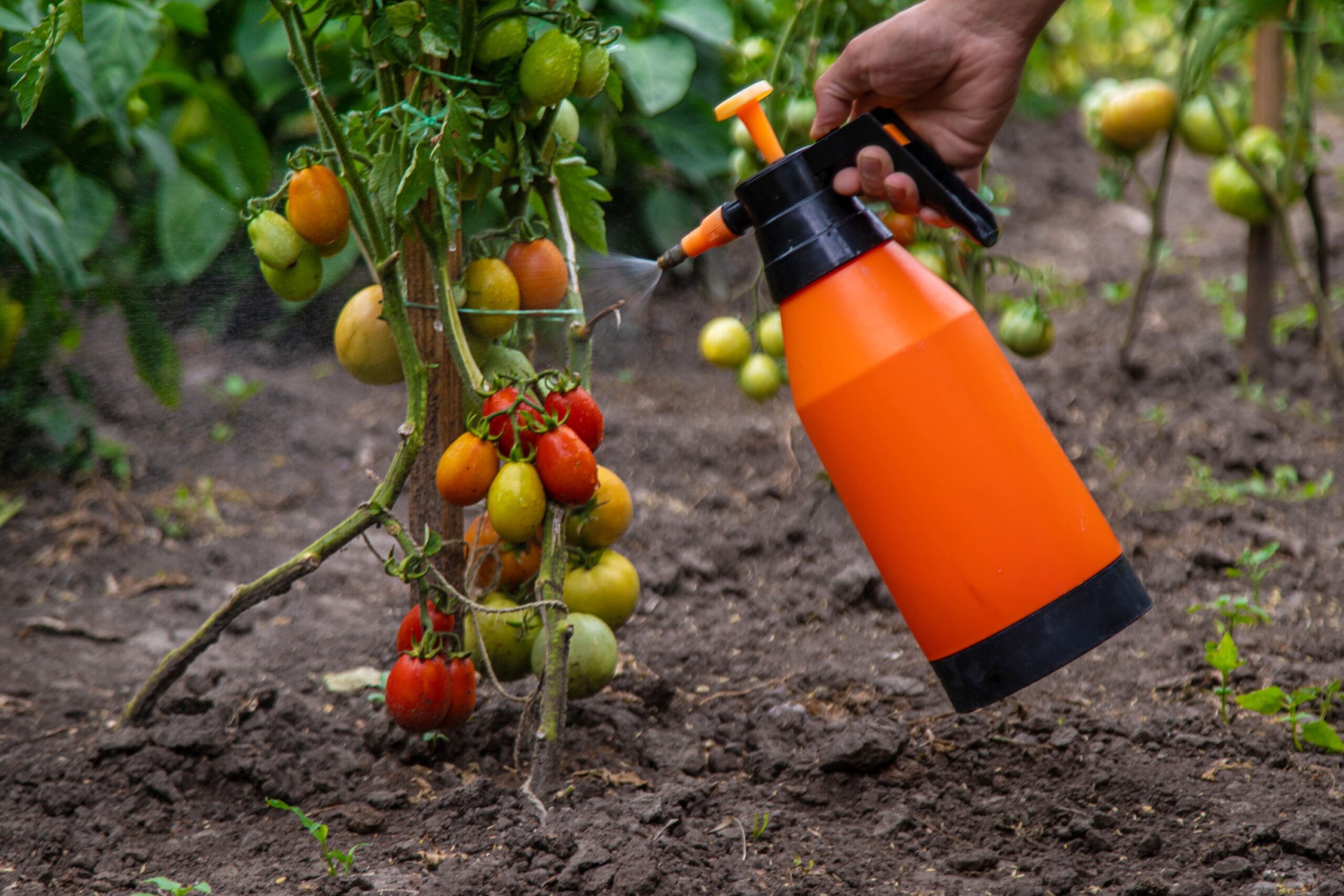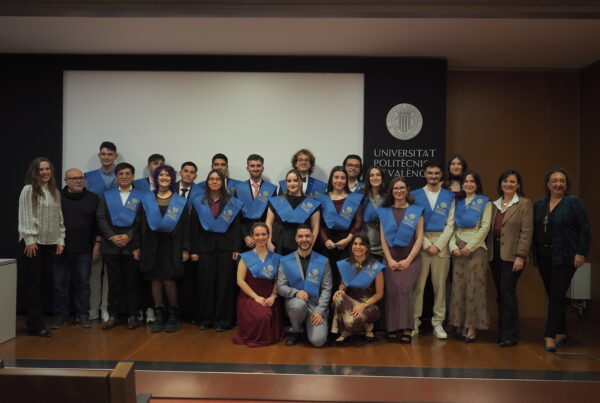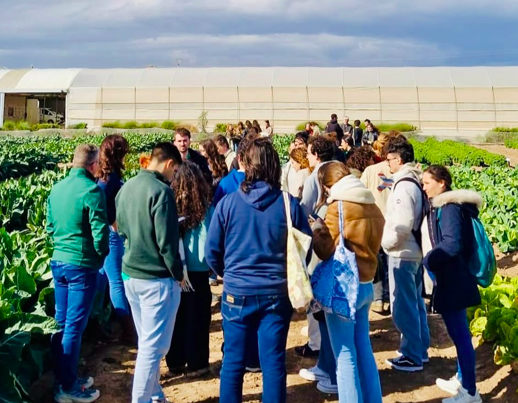New advance from IBMCP: an ABA receptor agonist to improve drought tolerance in crops
Water scarcity and climate change are some of the biggest challenges facing agriculture in the 21st century. In this context, a team from the Institute of Plant Molecular and Cellular Biology (IBMCP, CSIC–UPV), in collaboration with national and international research centres, has published in Molecular Plant a study unveiling how to optimise compounds capable of activating the plant hormone abscisic acid (ABA) signalling — a key response mechanism in plants under drought conditions.
The work, led by Pedro L. Rodríguez (IBMCP) and Armando Albert (IQF-CSIC), describes the design and characterisation of a new compound called iCB, which acts as an agonist of ABA receptors. Unlike previous compounds, iCB is capable of activating a much broader spectrum of receptors, including those of the PYL8 subfamily, which are critical for regulating transpiration and root growth under water stress.
A compound with protective effects against drought
Structural and physiological assays show that iCB not only reduces water loss in Arabidopsis and tomato plants, but also protects photosynthesis and improves water-use efficiency after prolonged drought periods. Applied by foliar spraying, the compound increases leaf temperature (an indicator of stomatal closure), reduces transpiration, and helps maintain photosynthetic performance even under adverse conditions.
In addition, transcriptomic analyses demonstrate that iCB mimics the global ABA response by activating genes associated with drought tolerance and production of osmoprotectants, thus helping plants prepare for water deficit.
Interview with Pedro L. Rodríguez
On Wednesday 16 September, Pedro L. Rodríguez was interviewed on the radio programme La Linterna, where he explained the main results and importance of the study.
During the interview he emphasises:
-
The importance of understanding the structural mechanisms that determine affinity and specificity of ABA agonists.
-
The potential of the new compound iCB to improve resilience in crops such as tomato under drought conditions.
-
The multidisciplinary collaboration among groups of molecular biology, chemistry and plant physiology that made this work possible.
-
The idea that such compounds could become biotechnological tools applicable in sustainable agriculture, mitigating the impacts of climate change on food production.
More information
-
The full article can be consulted in 👉 Molecular Plant (2025)
-
The complete interview with Pedro L. Rodríguez is available on YouTube through IBMCP’s channel.








